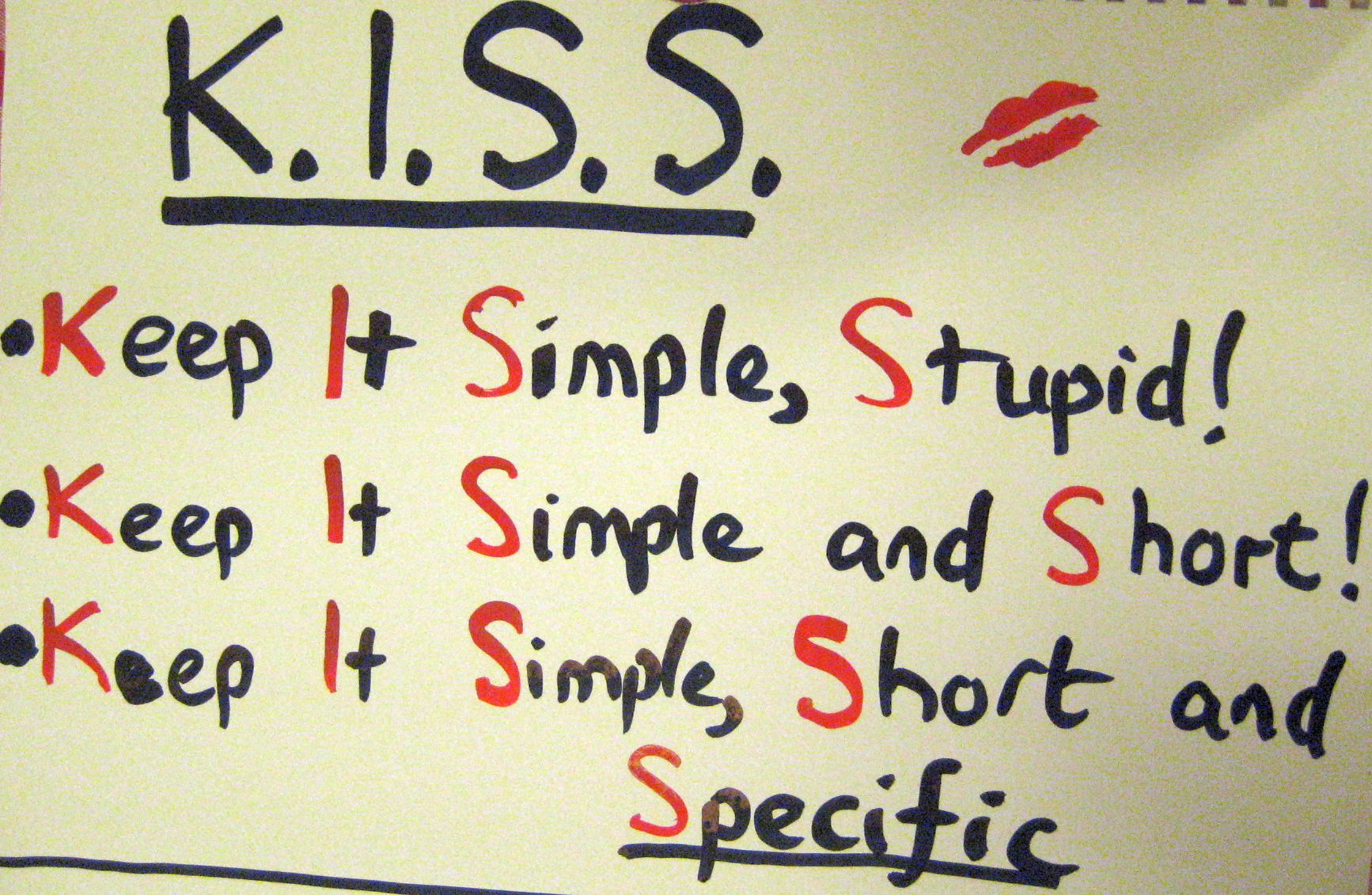...only to be disappointed.
...the writing was flat.
The issue we see is really something a writer can fix and it all comes down to a basic concept of fluency.
According to the textbook definition of the word from a quick search on "THE FREE DICTIONARY" (I didn't want to open up my OED this AM so work with me here!),
1.
a. Able to express oneself readily and effortlessly: a fluent speaker; fluent in three languages.
b. Flowing effortlessly; polished: speaks fluent Russian; gave a fluent performance of the sonata.
2. Flowing or moving smoothly; graceful: a yacht with long, fluent curves.
3. Flowing or capable of flowing; fluid
In other words, we get a sense of movement. In this case, we aren't talking about the plot of the story, but how well the words flow off of the page. Too often, writers are so focused on this amazingly complex plot they have, or these great lines they want to say, that they fail to think about how the words sound coming off of the page.
Let's talk about the common two issues of fluency.
WORDINESS- I see the issue with this first one more often in those query letters. You have been told time and time again to keep it short. So, in an effort to "reduce the word count", although I think you are just looking at paragraph or sentence numbers, you attempt to put everything into one sentence. Not only do we run into issues of "run-on's", "comma-splices" and certainly the improper use of a semi-colon, you end up with sentences that are far too confusing and vague.
Grammatically, when we think of a sentence, there needs to be a subject and a predicate. We can add in numerous "dependent clauses" to add depth and clarification as well. But, when we add too many of these, the reader can get confused, forgetting what the actual subject is.
This wordiness can also stem from sentence structures that are far too complicated for the situation. This often involves making some changes by moving from a passive to an active voice, moving to strengthen the verb, or some other small issue.
 The solution for this is easy. Stop and read it out loud. In fact, you will find that the solutions to all of the fluency issues are at a sentence level and need to be fixed orally.
The solution for this is easy. Stop and read it out loud. In fact, you will find that the solutions to all of the fluency issues are at a sentence level and need to be fixed orally.If you find you are running out of air when reading the sentence, you have an issue. The solution? Tell us what you want to say. If the sky is purple then just say the sky is purple. There is nothing wrong with keeping it simple.
COMMON SENTENCE STRUCTURE - In this case, we often find sentences that are simply beginning with the same opening words, or maintain the exact same structure over and over again. Let me try this for you. Work with me on this one, I have only had one cup of coffee this AM.
Stacy knew that the story she was about to read was good. She sat down at her favorite editorial desk to read the submission. She started into the first page and felt the words sink in. She completely forgot about her favorite cookies sitting on her desk. She didn't even hear her phone ring when Susan, the other editor editor called. She loved this story. She knew she would call Scott and buy it from him right there and then. (heee, heee, this was for a new submission I just sent out).
The point is, you can see the issue of fluency here. Because we keep repeating the word she, and for the most part, each of the sentences all have the same structure with very little variation or addition of those dependent clauses to add depth.
In this case, again, I would recommend reading it out loud. With this issue, however, you would want to start combining ideas and sentences together.
The point of all this is simple. You can have the best story idea ever, but if you forget that reading is for entertainment, and the story doesn't do that, you just wasted a lot of time and energy.
Time to start looking at that sentence level fluency today!
Very true! I find with most of my stuff, when in doubt, I read it out loud to hear the way the words sound. If I stutter when I read it, then there's something wrong with the sentence. :) (And good grief, I made a rhyme. More coffee, STAT.)
ReplyDelete